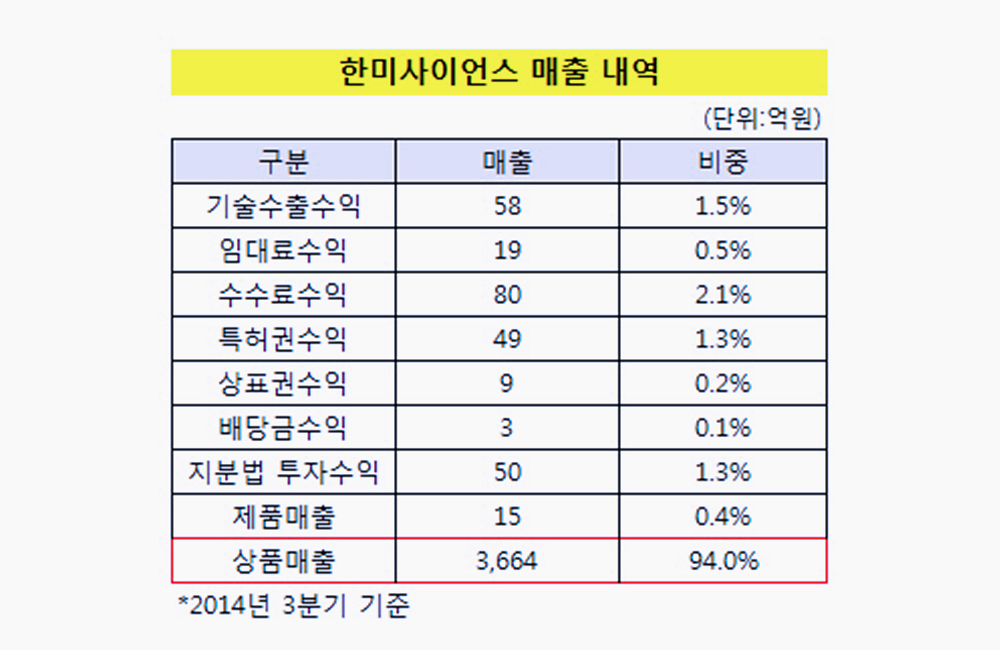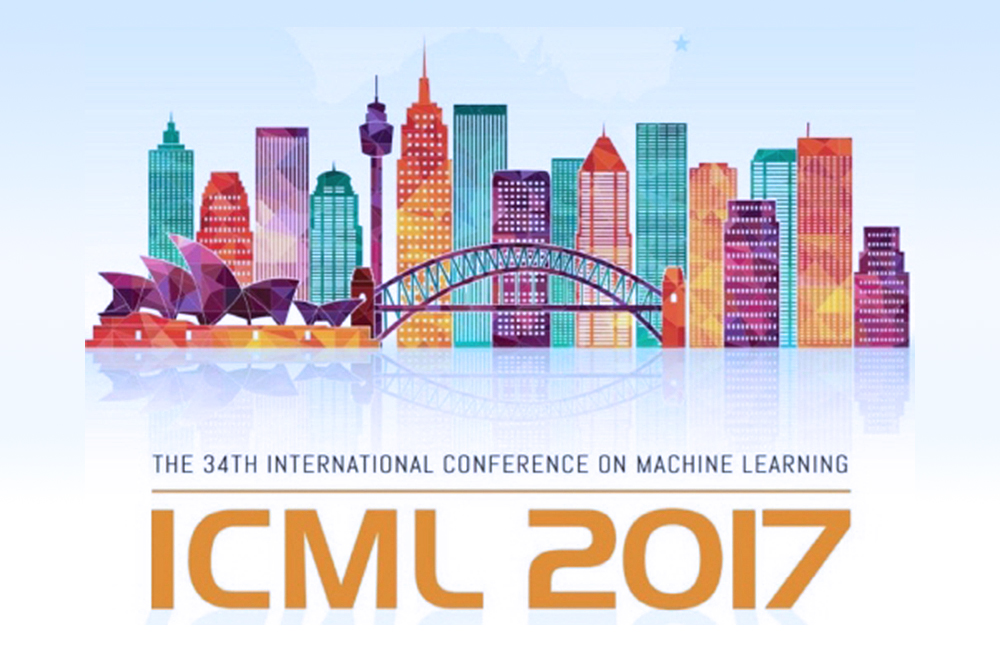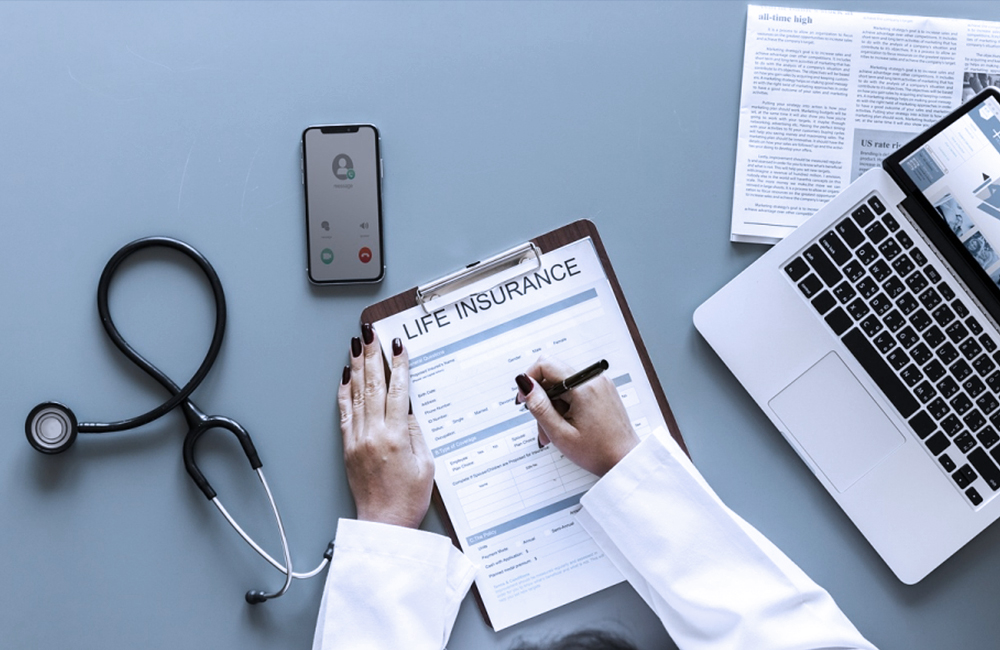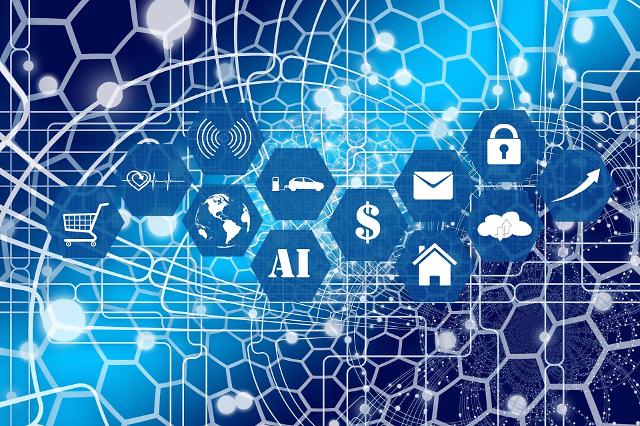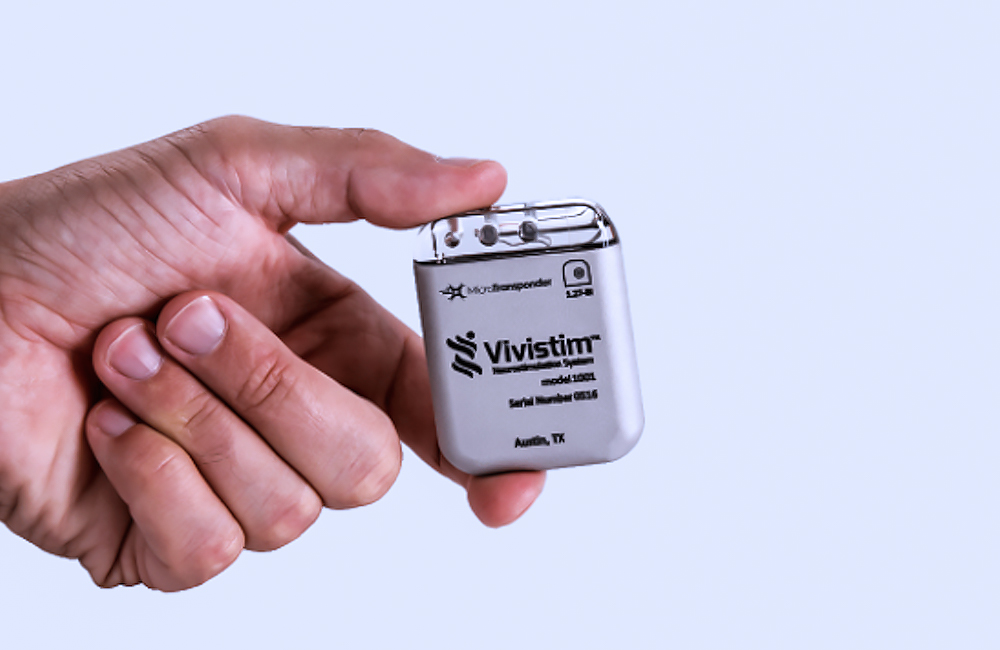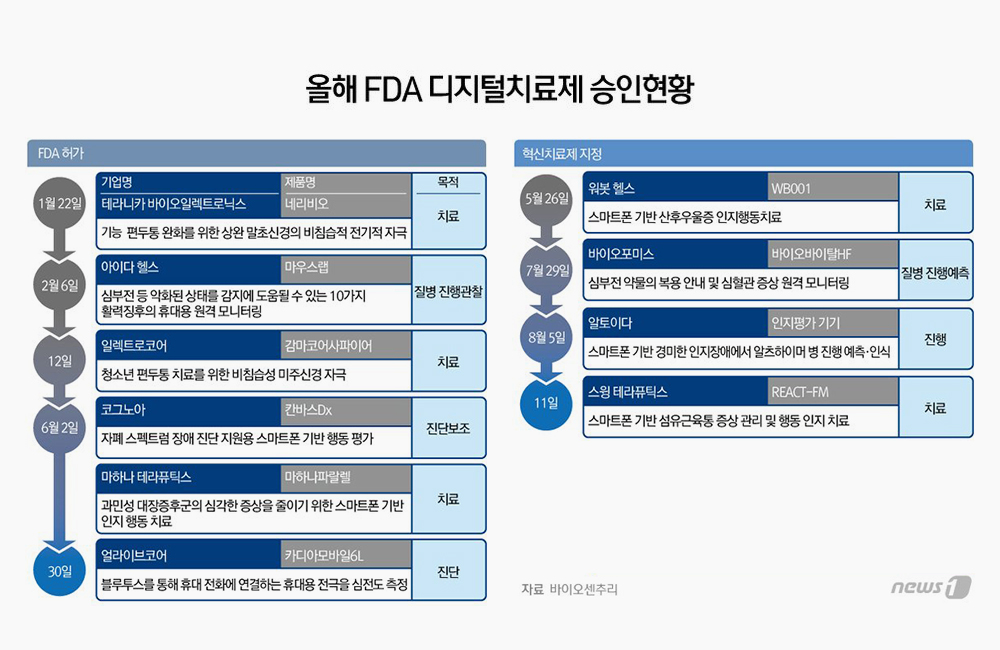When children feel unwell, the mother often
senses something is amiss just by looking at them. She springs into action
immediately. By diagnosing the problem, the mother uses a mix of home remedies,
nutrition, activity, and rest to nurse her kids back to good health.
Timely care and motherly attention fix the
health issue long before it develops into an ailment. In most cases, the
children may not realize they were unwell.
“Wouldn’t it be great
if we could detect and treat symptoms of depression in adults in the early
stages, just the way mothers sense health challenges with their kids?” asks
David Liu, CEO of Sonde Health.
Today, mental health poses one of the
biggest challenges in the world. The US Center for Disease Control and
Prevention (CDC) is concerned that one in two Americans could suffer from
depression post-pandemic. Medical estimates indicate that around two-thirds of
all depression cases go undiagnosed.
Thanks to recent breakthroughs in
artificial intelligence (AI), providers can now detect depression just by
listening to someone speak a few sentences. Surprisingly, the language or the
words spoken aren’t as important as how you say it.
Let’s find out how to improve mental health
with AI and explore significant trends emerging in this space. We’ll see how
some promising companies are innovating with AI to provide motherly attention
for mental healthcare.
Twin challenges in mental health today

Roadblocks in mental healthcare GETTY
Mental healthcare faces two main issues.
Firstly, it is not easy to get access to mental health professionals on a
timely basis. Secondly, for patients who manage to get professional help, the
diagnostic process and quality of care are not consistent.
Rima Seiilova-Olson moved to San Francisco
as a research analyst in 2015. A few years later, when she gave birth to her
first child, she experienced postpartum “baby blues.” Most mothers experience
mood swings in the first few weeks after delivery. But for some, this develops
into a more severe condition called postpartum depression.
Seiilova-Olson decided to seek professional
help. She remembers making frantic calls to her healthcare provider for
appointments. After many attempts, she managed to schedule a visit with a
therapist. The appointment was more than two months away. She had no option but
to wait.
Around this time, Seiilova-Olson
participated in the Open AI Hackathon organized in the Bay Area. There, she met
Grace Chang, a technologist, and they bonded immediately. Apart from being
among the few women participating in the technology event, they shared
frustrating personal experiences in getting help for mental health. Chang and
Seiilova-Olson soon founded Kintsugi, a startup that uses AI to democratize
access to mental health.
The mental health system has a clear
capacity constraint due to a scarcity of licensed health professionals. For
every ten individuals who may suffer from mental health issues, only three
secure access to the system. “To make matters worse, there aren’t efficient
processes to use this scarce bandwidth,” says Chang. “Many critical cases go
waiting while less severe ones end up using precious bandwidth.” This is the
first stumbling block facing millions of patients.
When patients brave these logistical
nightmares to get professional help, they run into the second critical
challenge: care quality. Today, the diagnosis of mental health issues is based
on screening tools such as the Patient Health Questionnaire (PHQ).
“The challenge is that
these questions aren’t very objective and are heavily dependent on what the
patient can remember from the past few weeks,” says Chang. The doctor’s
diagnosis then rests on the accuracy of the picture recreated from a mental
health patient’s memory.
Not surprisingly, only 47.3% of mental
health cases are detected accurately by professionals. Imagine sending home one
out of every two patients, assuring them that they are alright, only to
discover that their problems have worsened or become life-threatening.
Rebooting mental health with artificial intelligence
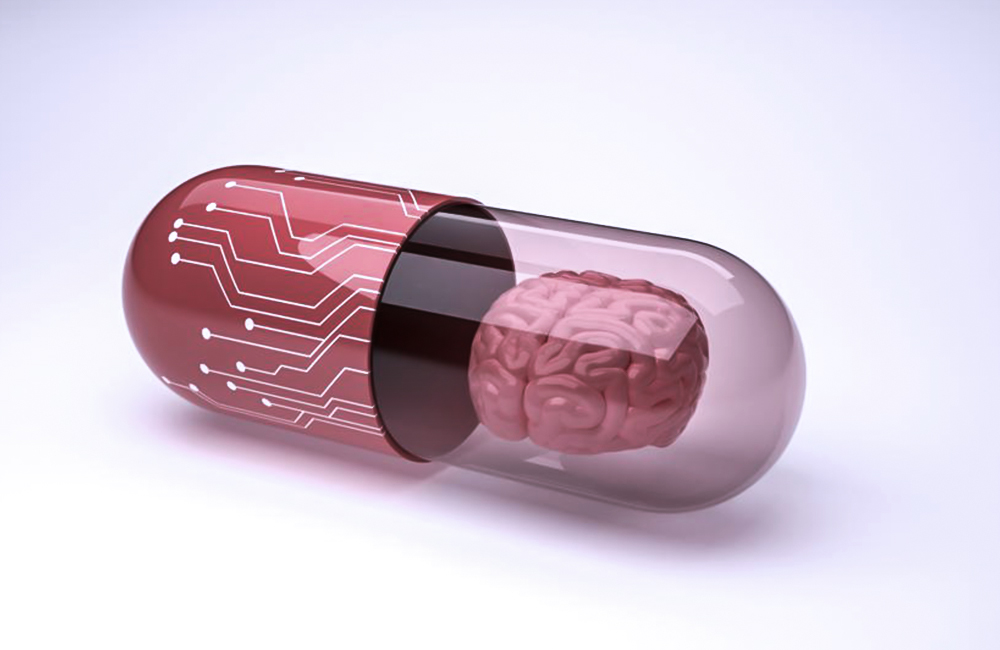
Digital therapeutics GETTY
Can these innovations diagnose complex
health conditions just from the human voice?
“When we listen to a
person speaking, we notice variations in pitch, energy, tonal quality, and
rhythm,” says David Liu, CEO of Sonde Health. “By processing this audio, we can
break down a few seconds of voice recording into a signal with thousands of
unique characteristics.” This method is called audio signal processing.
What’s less known is that small changes in
someone’s voice every few milliseconds can result from changes in their body
and health conditions. With this rich data, it is possible to identify which
vocal features map to particular disease symptoms or changes in health. Using
data from thousands of individuals who suffer from certain health conditions,
we can teach AI algorithms to detect the vocal patterns that are common among
these patients.
Liu adds, “Once we confirm that these
parameters are good indicators of a particular health condition symptom, we
refer to this specific subset of acoustic features as ‘vocal biomarkers.’ We
then carefully evaluate which of these biomarkers work best in different
settings, across diverse groups and patient demographics.”
The team at Sonde used this approach to
train machine learning (ML) models that can provide cues when people start
experiencing depressive symptoms. This model uses six vocal biomarkers that
measure aspects such as how well you can hold your vocal pitch or how dynamic
your voice is when speaking.
While the approach sounds promising,
there’s a key challenge in building these AI solutions. It’s not easy to get
high volumes of good-quality data (i.e., historical voice samples from patients
tagged in a way to train the algorithm). Sonde acquired its voice data through research
studies, partnerships, and crowd-sourcing. They acquired NeuroLex Labs, a
company that provides online, voice-based surveys. With this multi-pronged
approach, Sonde’s repository has over 1 million voice samples from over 80,000
people globally.
When you have patient voice data from
several countries, should you create many versions of these AI models? “Not
really,” says Seiilova-Olson of Kintsugi. Her team shared an interesting
finding from their research. “We discovered that our AI model’s results did not
depend on the language the people were speaking, their age or gender, or even
the part of the world they lived in.”
The voice biomarkers accurately flagged
symptoms that transcended all such differences. With just 20 seconds of an
audio clip, Kintsugi’s AI solution detects mental health issues with over 80%
clinical accuracy. Compared to practitioners' current rate of detection (47.3%,
as noted earlier), artificial intelligence can almost double the effectiveness
of patient diagnoses.
Clearly, digital therapeutics and voice
biomarkers can help save lives.
How AI improves patient care, one
conversation at a time
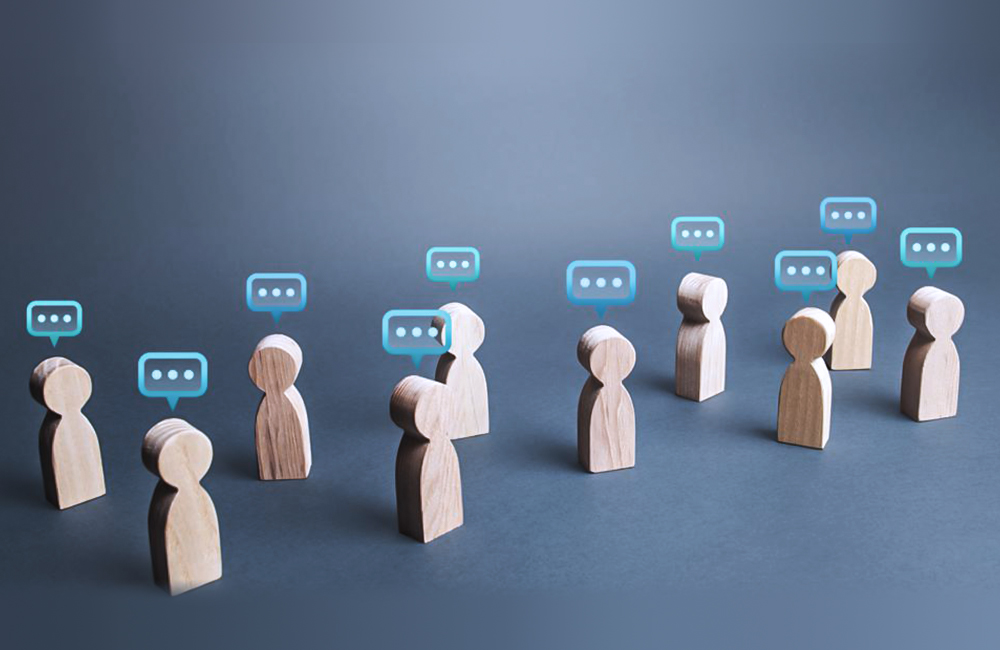
How AI solutions improve patient care in the real world GETTY
Kintsugi and Sonde offer their AI solutions as consumer apps that can continuously monitor individual health. Additionally, their AI is integrated into channels such as telehealth platforms and care management applications to aid clinicians.
Thus, AI gets into action even before a
patient may sense the need for intervention. “Think of this as a fitness
tracker for your mind,” says Liu. For example, Kintsugi’s consumer app has a
voice journaling feature that monitors patient health daily.
By being continuously available for
patients, AI precludes the need to schedule an appointment. By accurately
pre-screening patients, it saves precious bandwidth in the mental health
system. That’s how AI solves the first challenge of access to timely care.
When patients do come in for appointments,
practitioners use AI solutions to augment their diagnoses. “The typical time
between patient visits could be anywhere from weeks to years,” says Gwee. “What
happens in between is usually lost to physicians. Thanks to continuous digital
monitoring, physicians now have access to fine-grained data that is far more
reliable.”
When clinicians have a live conversation
with patients, the AI identifies vocal cues of clinical depression and anxiety
in real-time. It then lets practitioners know whether they should plan a
follow-on consultation. This AI-driven tracking and targeted intervention can
save lives.
This way, AI addresses the second challenge
of effective diagnosis and consistent quality of mental healthcare. For
example, Cognitive Behavior Institute is a mental health practice in
Pennsylvania that treats folks with depression, anxiety, and substance abuse. A
long-term patient was struggling with anxiety but couldn’t pinpoint triggers of
her anxiety episodes.
She started using Sonde’s Mental Fitness
App for two weeks as part of a pilot. The results from her voice samples helped
identify specific thoughts and events that led to her symptoms. She was
surprised that some of these triggers she was alerted about weren’t obvious.
Her clinician received the data in the form
of health scores on a dashboard. It enabled the therapist to check in and
intervene, particularly when the patient’s perceptions differed from what the
app said.
“AI can transform
mental health; however, we must watch out for some risks when they are deployed
in the real world,” says Sathiyan Kutty, Head of Predictive Analytics at one of
the largest healthcare organizations in the US. AI is as good as the data from
which it learns. Kutty notes that AI solutions can be biased because the data
often come from people experiencing mental health struggles rather than those
who are healthy. Mitigating this risk calls for balancing data samples with
enough healthy individuals.
“Organizations often get carried away by the reported effectiveness of AI solutions,” says Kutty. That is, they design AI to make critical decisions without keeping human practitioners in the loop, or they fail to plan handovers to clinicians at appropriate stages. “AI should be used to augment the capabilities of physicians and not replace them,” he adds.
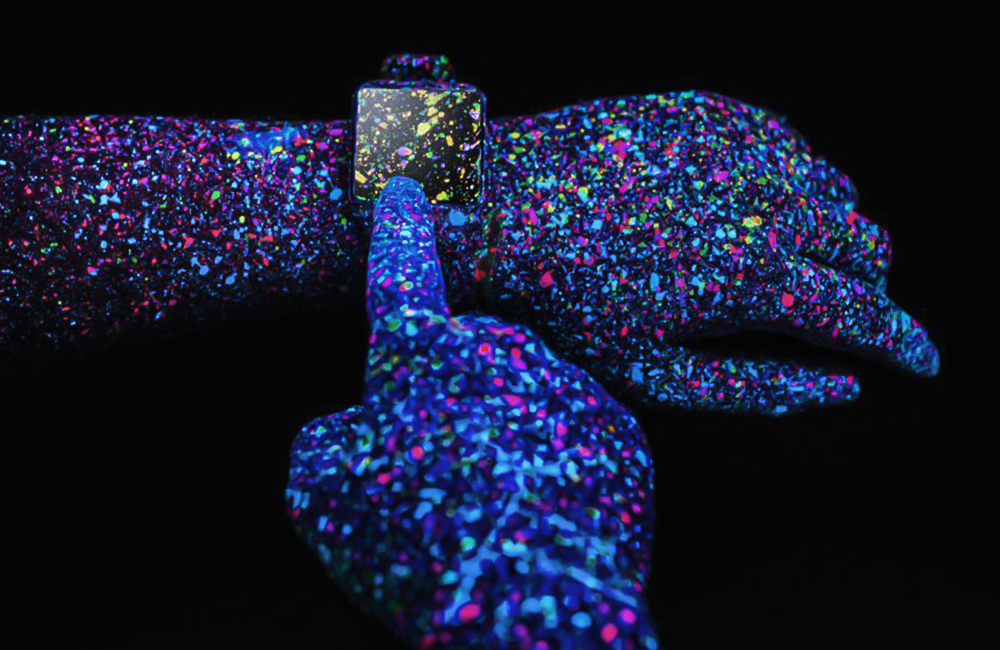
Unlocking impact from passive data collection GETTY
Today, the momentum for AI solutions in mental health is building rapidly. “A year ago, I would have to explain what vocal biomarkers are,” says Liu. “Today, no explanation is necessary; instead, we are discussing specific use cases for our technology.”
With the explosion of smart devices, access
to voice data is becoming ubiquitous. “Whether it's your mobile phone,
wearable, or personal assistants like Alexa, the collection of passive data is
seamless and already part of our lifestyle,” says Gwee.
“We are starting to
see examples of AI-driven biosensors that can predict heart failure days in
advance of an actual event. That's the power of passive (real-world) data
collection, combined with patented algorithms and machine learning. Similarly,
digital therapeutics platforms for mental health can predict when somebody is
falling into a depressive episode without waiting for the critical event to
occur,” Gwee adds.
Then, it’s probably no exaggeration to say
that artificial intelligence is at the advent of providing motherly attention
and preventative care for mental health.



